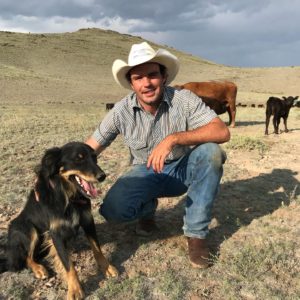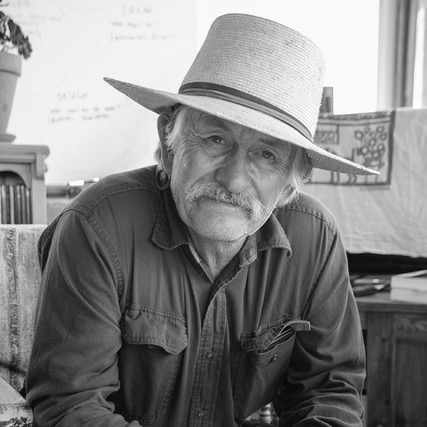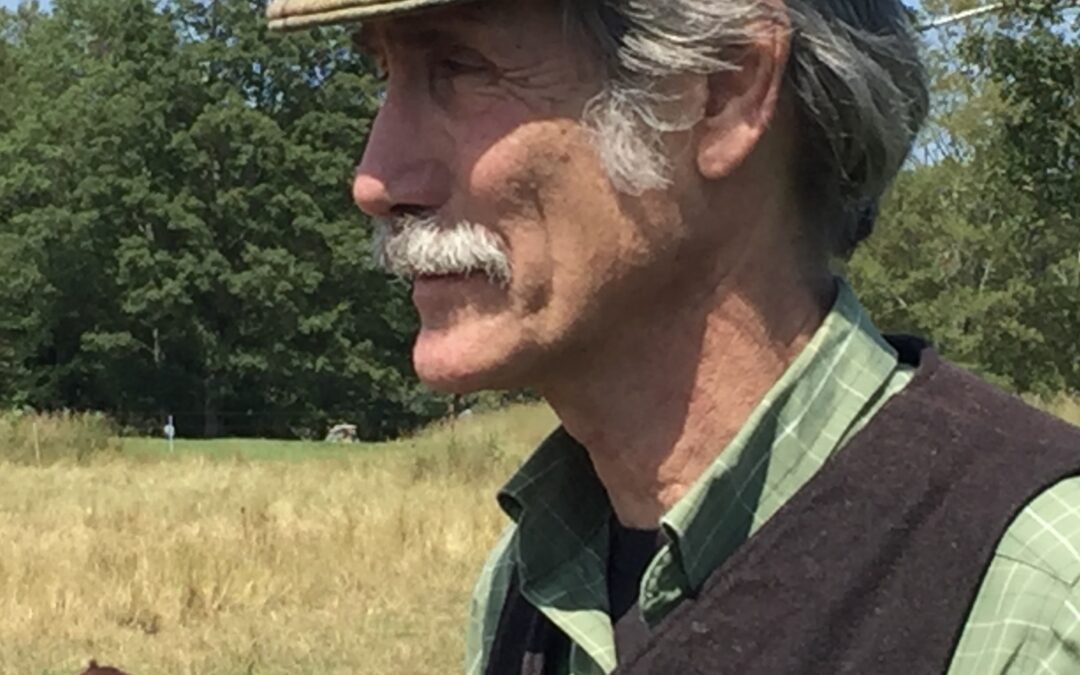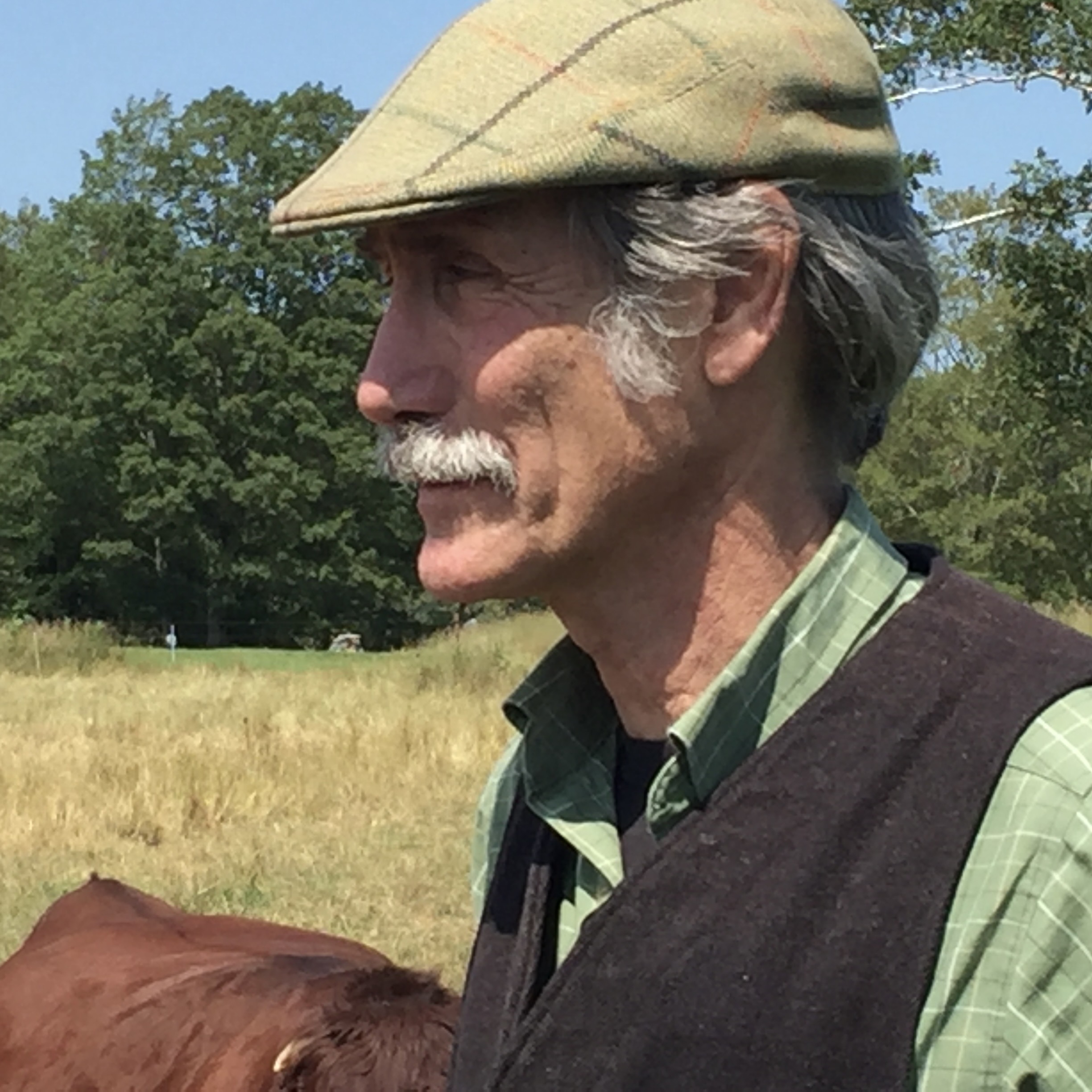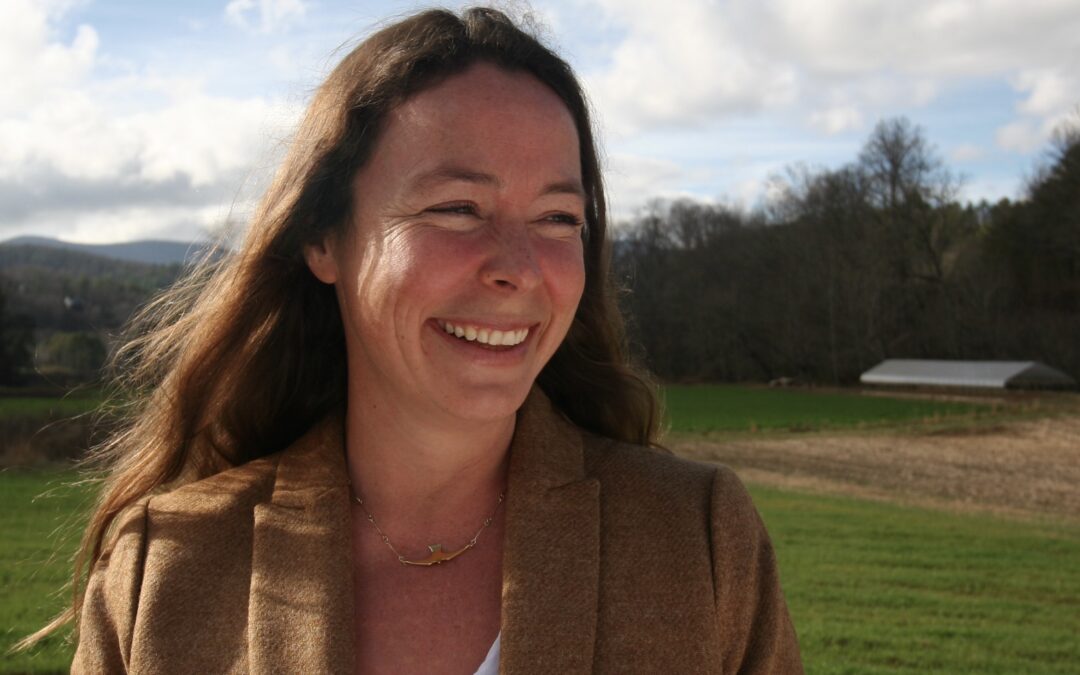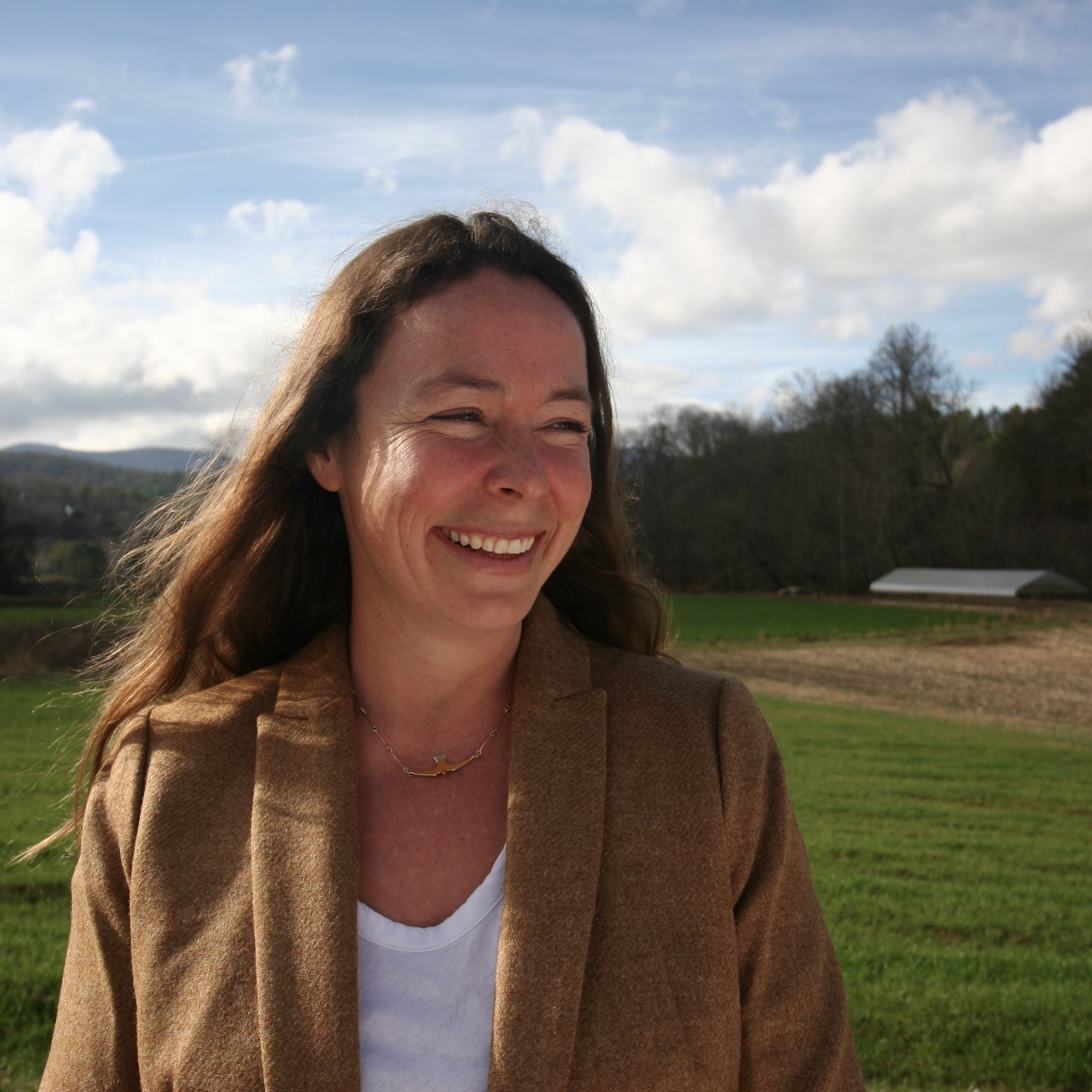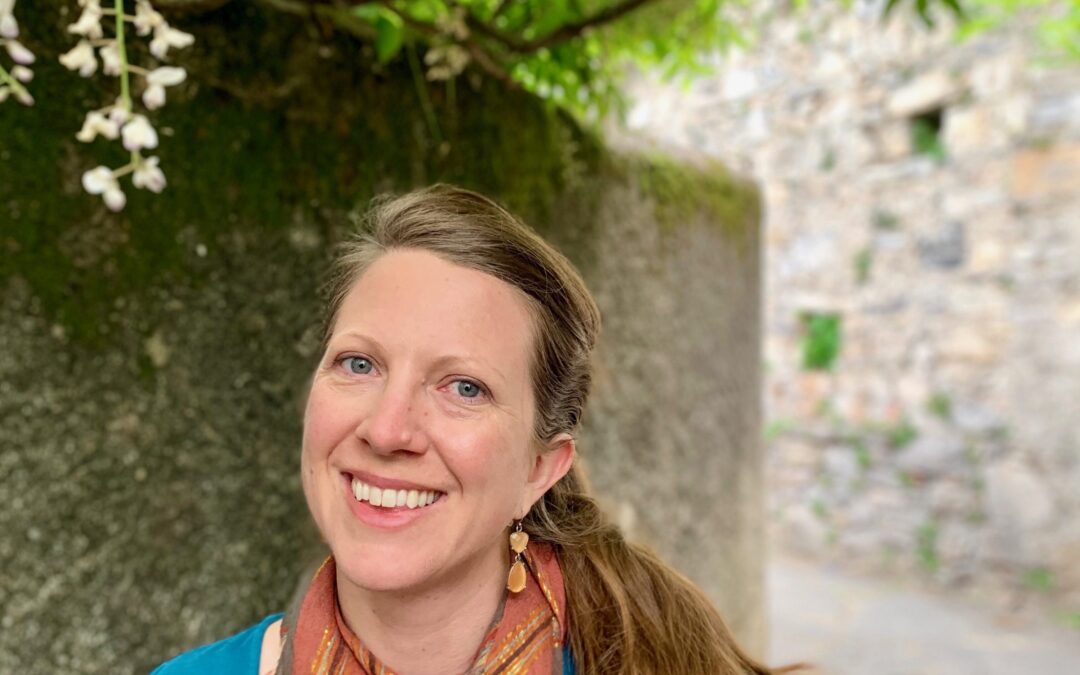
Eva Stricker
Eva Stricker
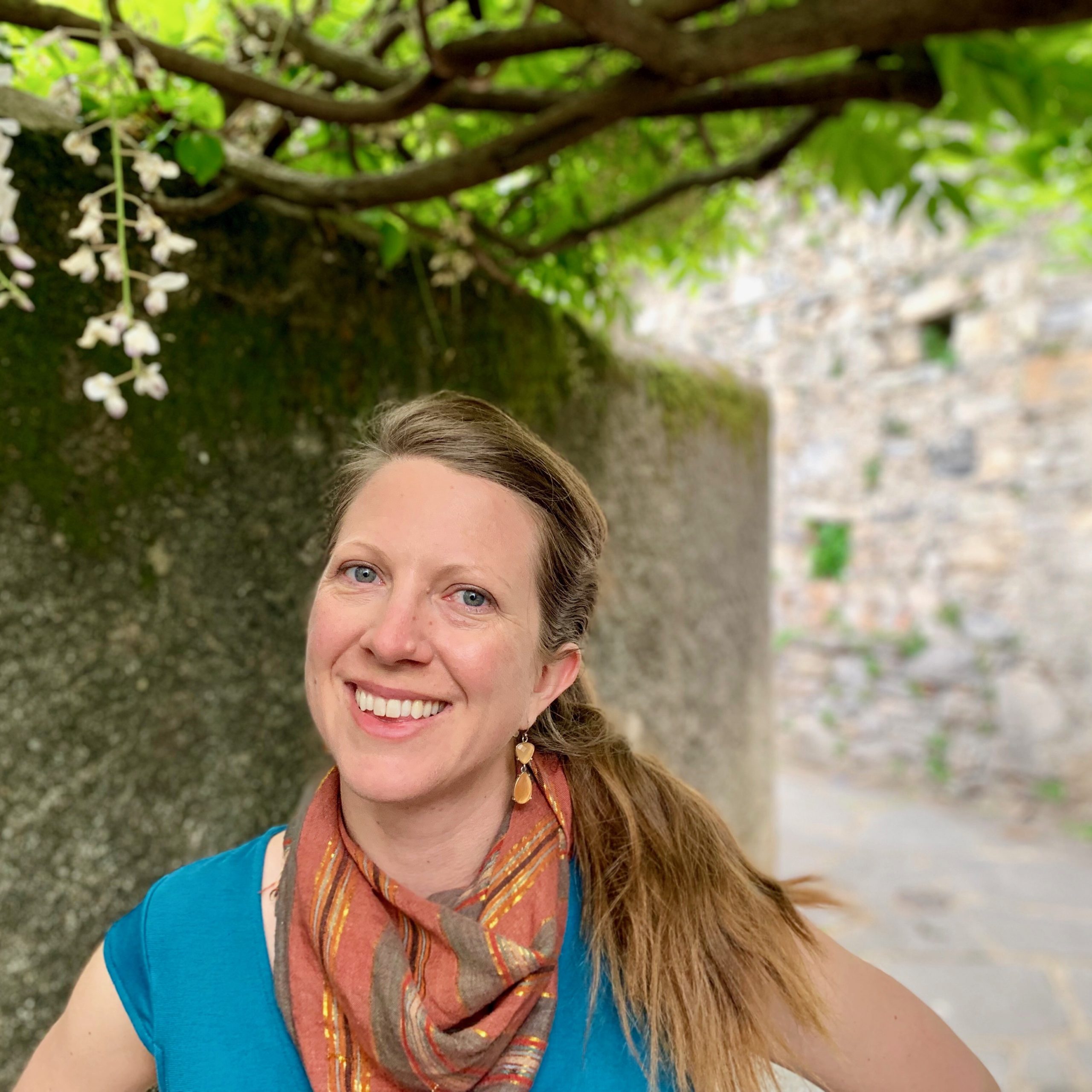
Webinar Week
Erosion Control and Amendments & Organic Amendments on Rangeland
Across the intermountain west, interest has been growing in using organic amendments and native seeding with erosion control structures to increase plant establishment and productivity while ameliorating active headcuts. The Carbon Ranch Initiative has built rock rundowns on five ranches across New Mexico, with treatments of compost, mulch, and a native grass mixture to measure and compare the impacts of the treatments on different soil health indicators. This webinar will explain how we’re conducting this research, and the initial results we’ve found one year after building the structures and adding the treatments.
